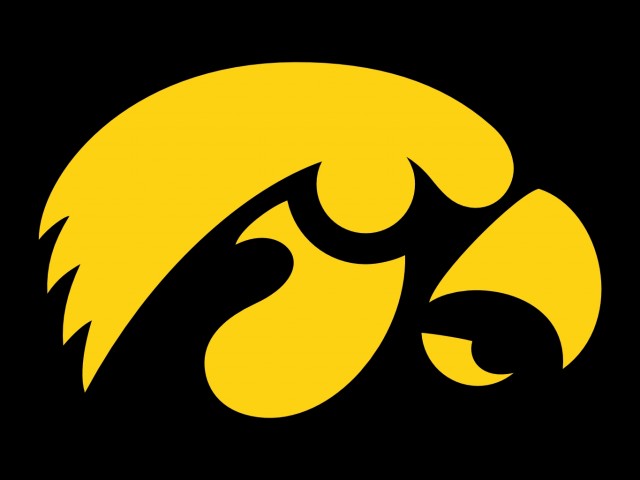Thirteen Hawkeye football players from the University of Iowa were hospitalized due to rhabdomyolsis. Rhabdomyolsis is a condition in which muscle tissue is rapidly broken down leading to severe muscle pain, weakness and soreness; the byproducts of the muscle damage become toxic to the kidneys leading to possible kidney failure.
“Experts” were quick to blame “nephrotoxic” supplements or anabolic steroids for this highly unusual cluster of rhabdomyolsis cases even though no evidence has surfaced to suggest either as a causal factor.
Creatine has previously been blamed for rhabdomyolysis in spite of research suggesting creatine supplementation is safe. Dr. James Williams, of the St. Joseph Medical Center, blames “nephrotoxic” supplements in the Hawkeye football case when interviewed by a CBS affiliate.
“You have muscle breakdown from intense workouts. You have dehydration and then supplements which are nephrotoxic are damaging to the kidneys directly. That’s a perfect storm for kidney failure,” Williams said.
The only problem is that it doesn’t appear that supplements were the culprit. Yet, the media found so-called experts to demonize ALL dietary supplements anyway. Mike Gimbel of a Maryland anti-steroids and anti-supplement organization doesn’t know anything about supplements, but there is one thing he is certain of…
“We can’t guarantee the effect of supplements. We don’t even know if they even work, but we do know they’re dangerous,” said Mike Gimbel, Powered By Me.
Anabolic steroids don’t appear to be the culprit either. The hospitalized University of Iowa football players were all tested for “illegal drugs” and tested negative. Furthermore, a steroid researcher has dismissed the connection between the muscle disorder and the oft-demonized performance-enhancers – anabolic steroids and human growth hormone.
Richard J. Auchus, an endocrinologist and expert on steroid metabolism at the University of Texas Southwestern in Dallas, said, “You don’t see rhabdomyolysis with anabolic steroid use or growth hormones. You can see rhabdo with GHB. It’s is one of those recreational drugs that can cause this.”
GHB, or gamma hydroxybutyrate, commonly referred to as a date-rape drug, is sometimes used for its anabolic effects, according to the U.S. Drug Enforcement Administration. Auchus, a U.S. Anti-Doping Agency consultant and an Iowa fan who did his residency there, said he thinks coaches were just pushing the team too hard in workouts. He is not involved with the Iowa case.
“If they got dehydrated and did some intense workouts for the first time since the Insight Bowl, sure, I can see this,” he said.
The University of Iowa strength and conditioning coach Chris Doyle is receiving most of the blame at the moment. Will Doyle and/or “hard work” be demonized if the media is unable to find a scapegoat in supplements or steroids? Sometimes sport itself has some inherent risks.


